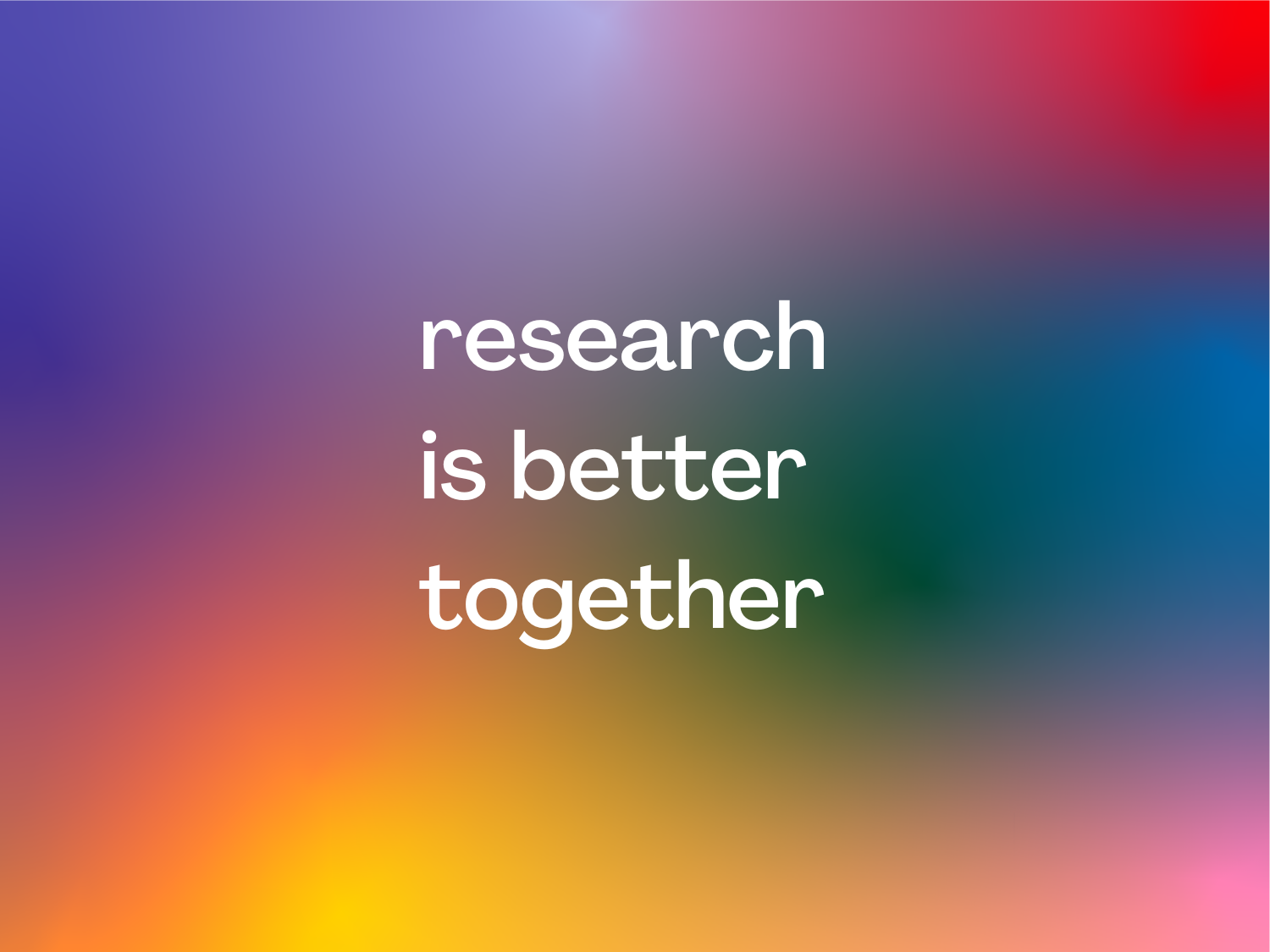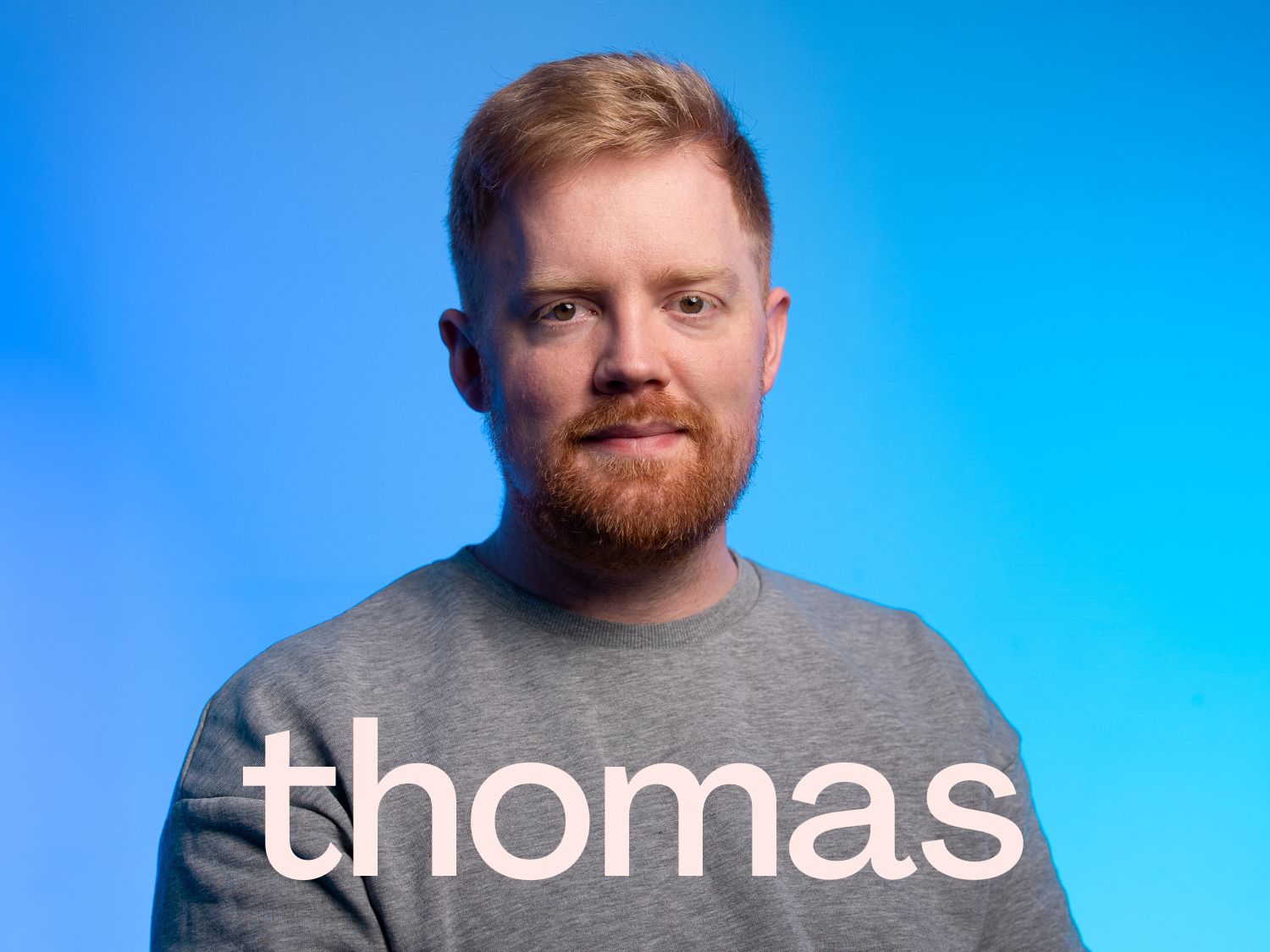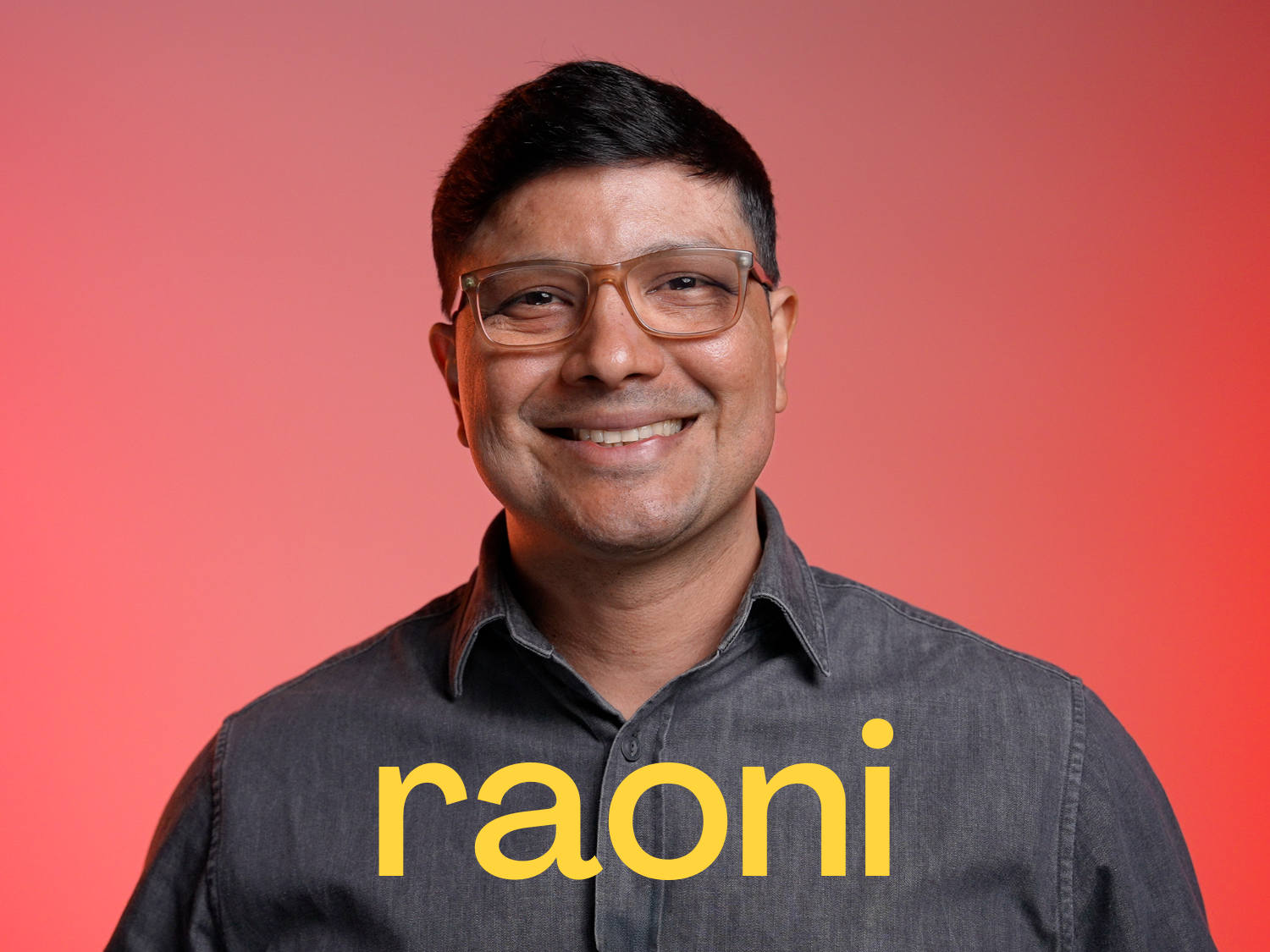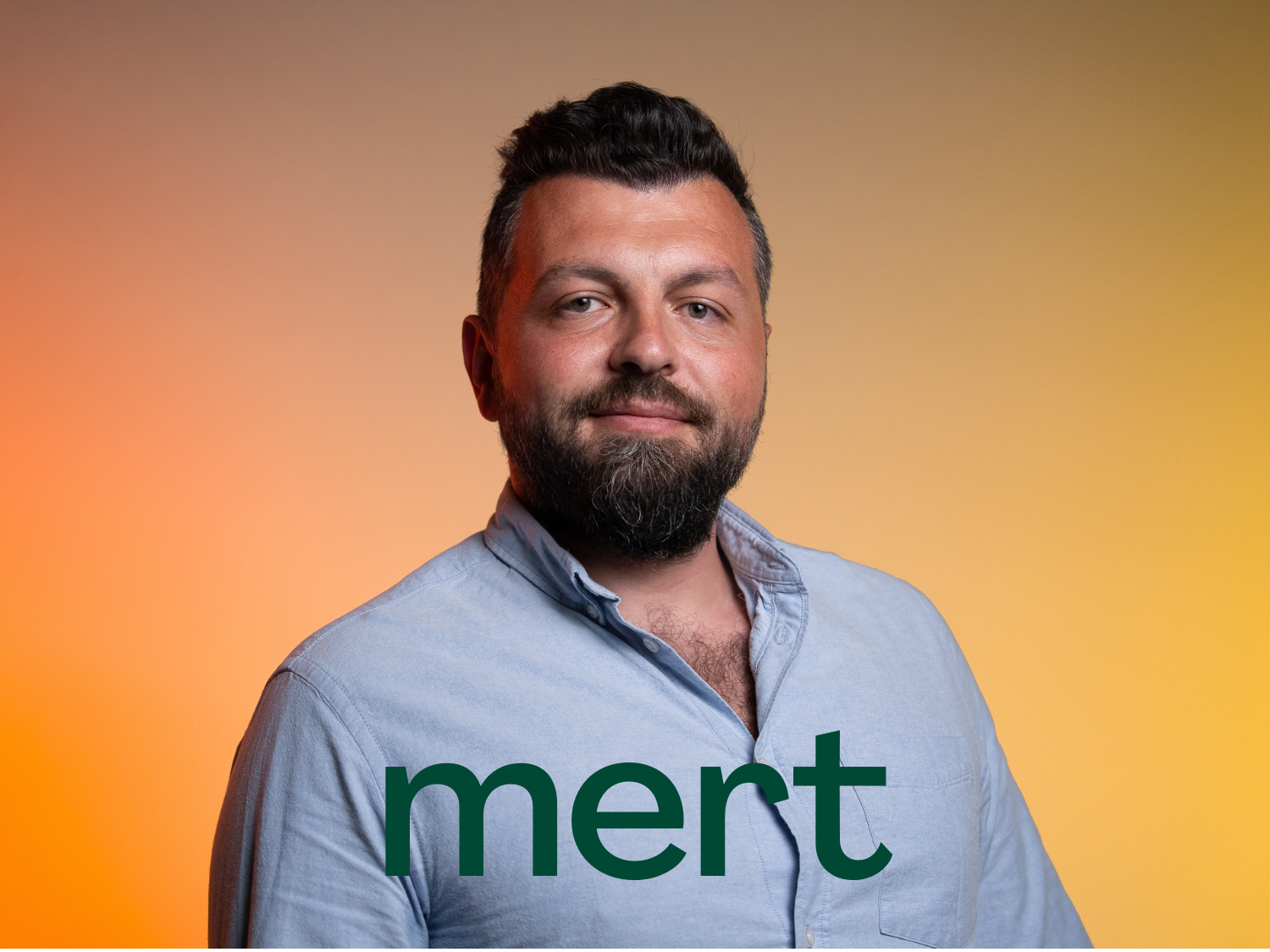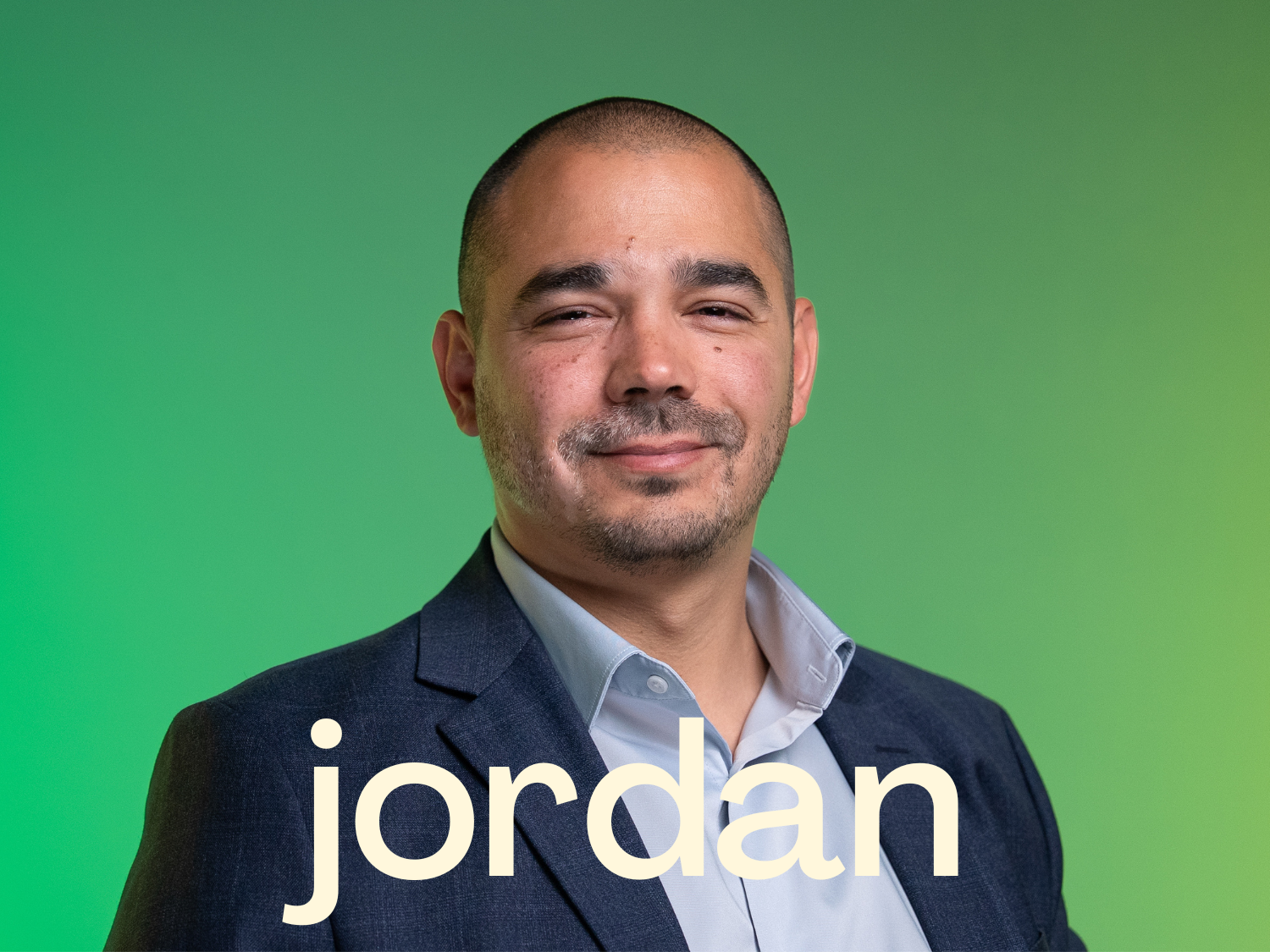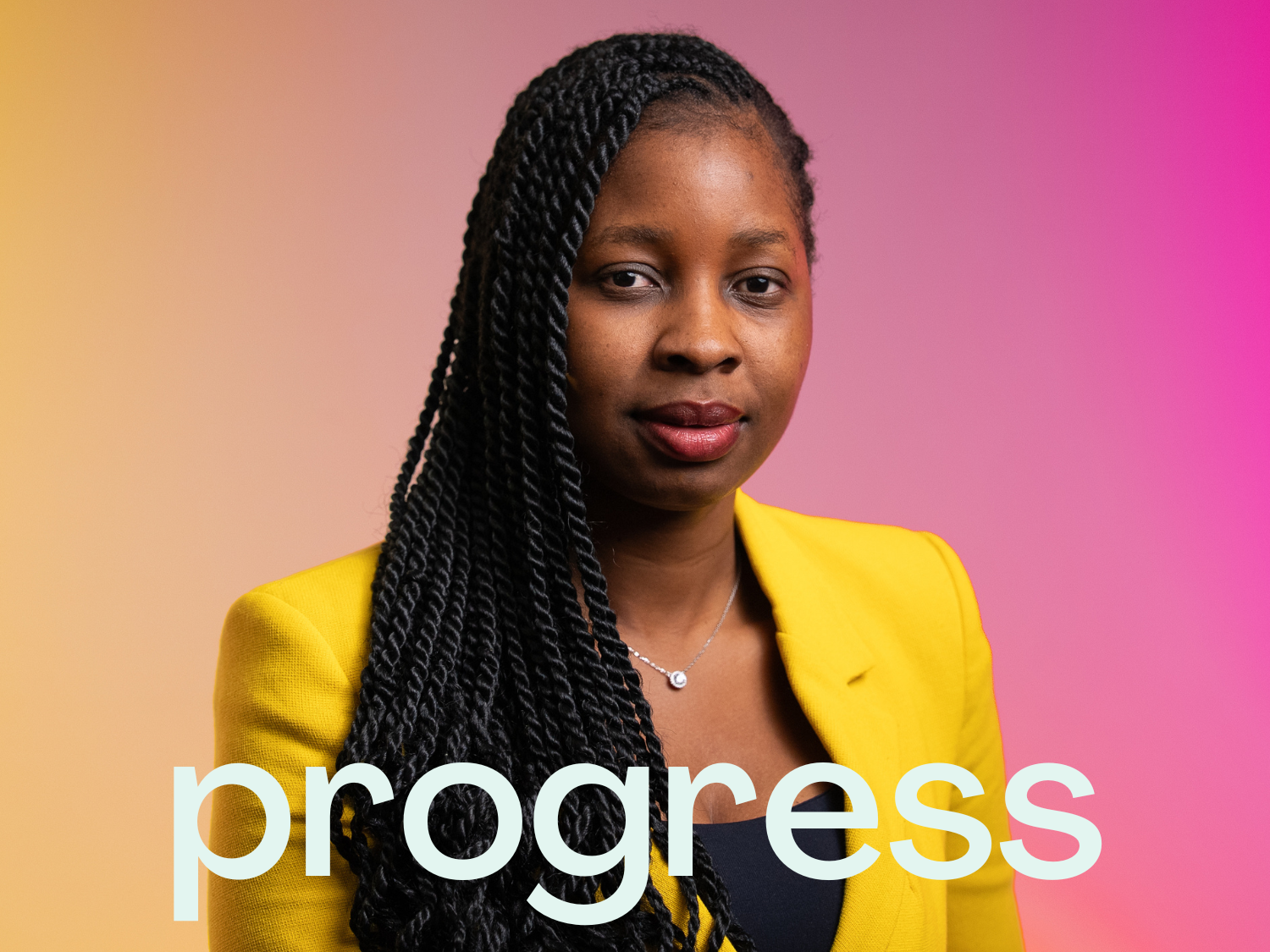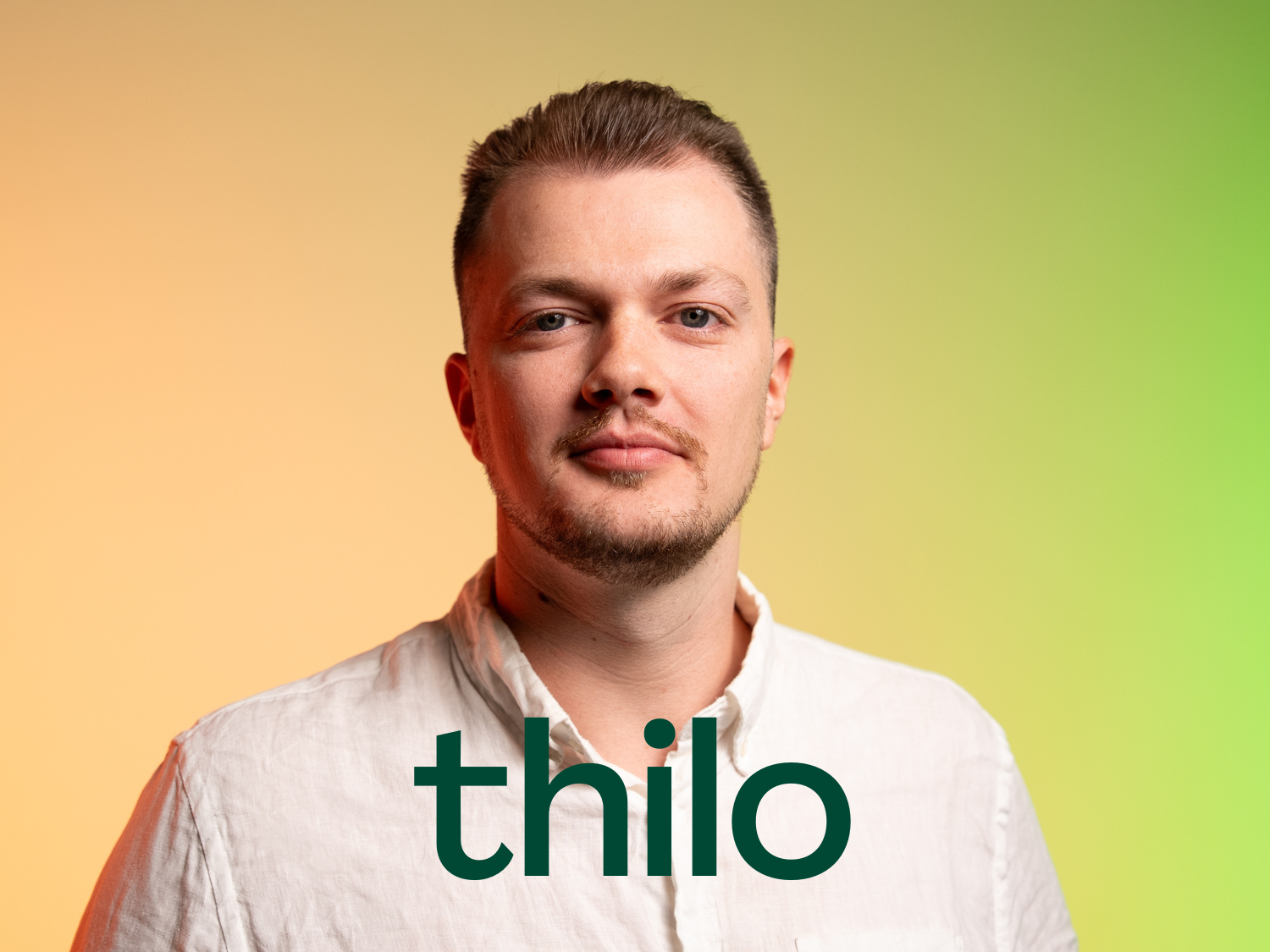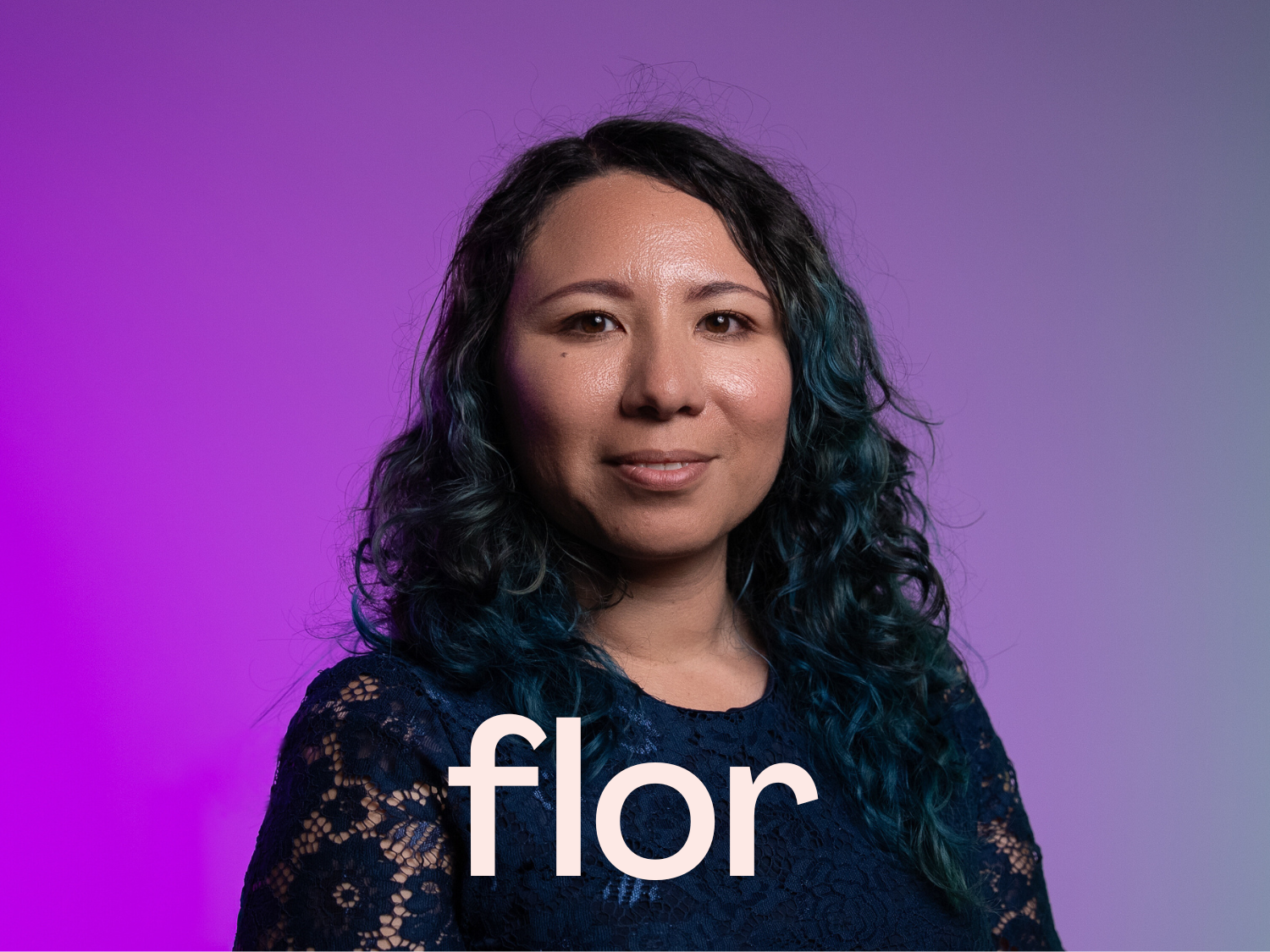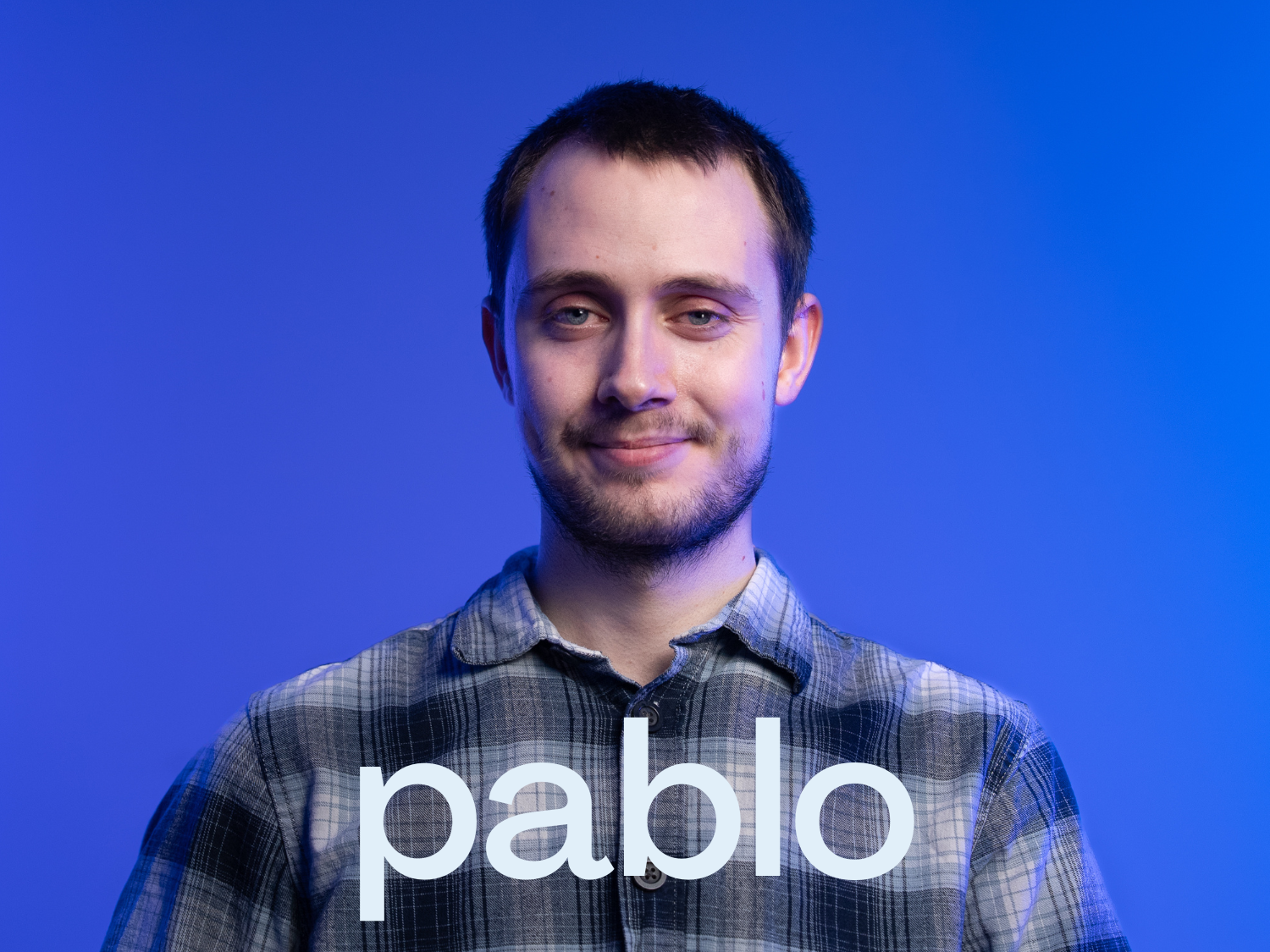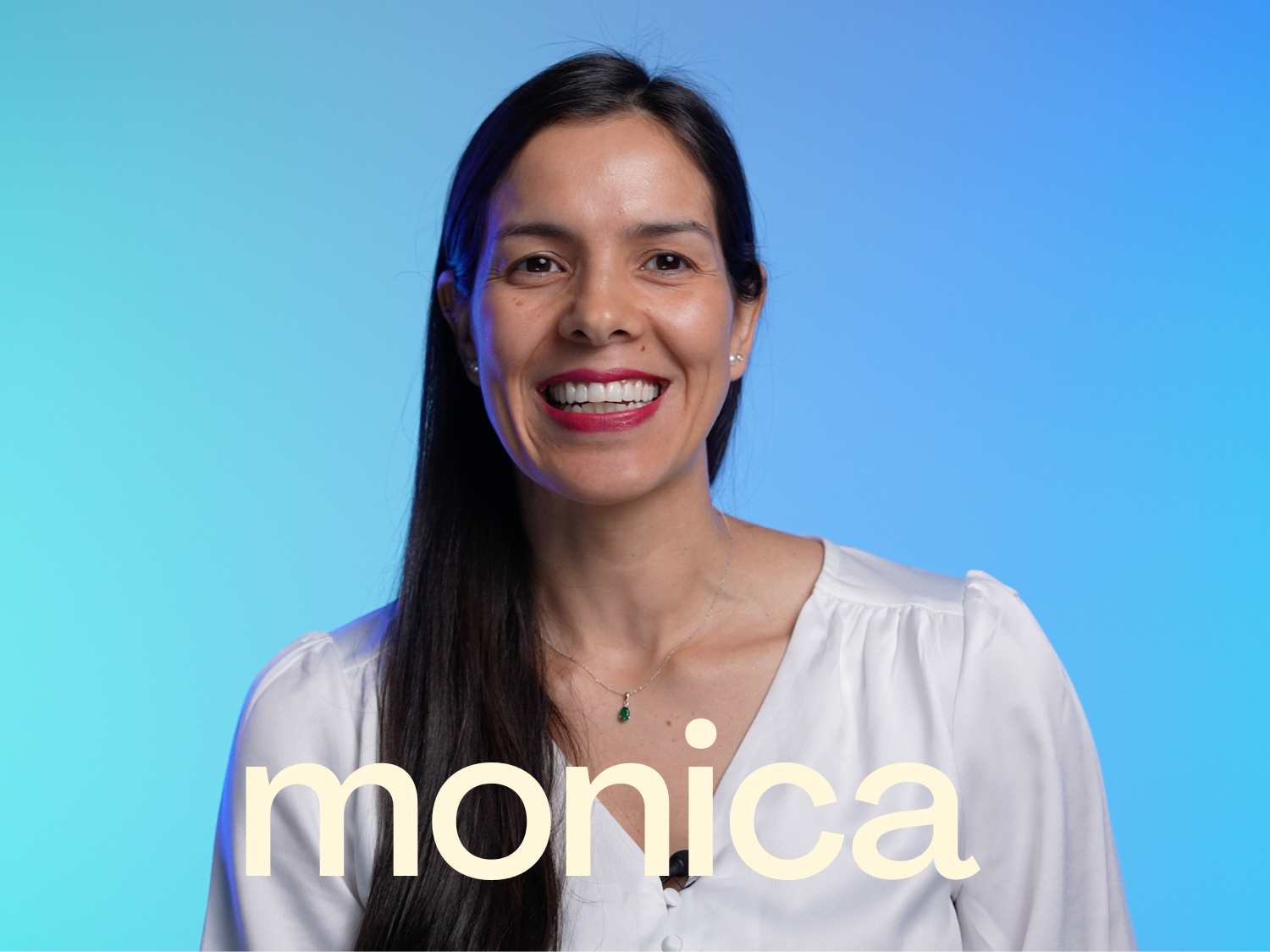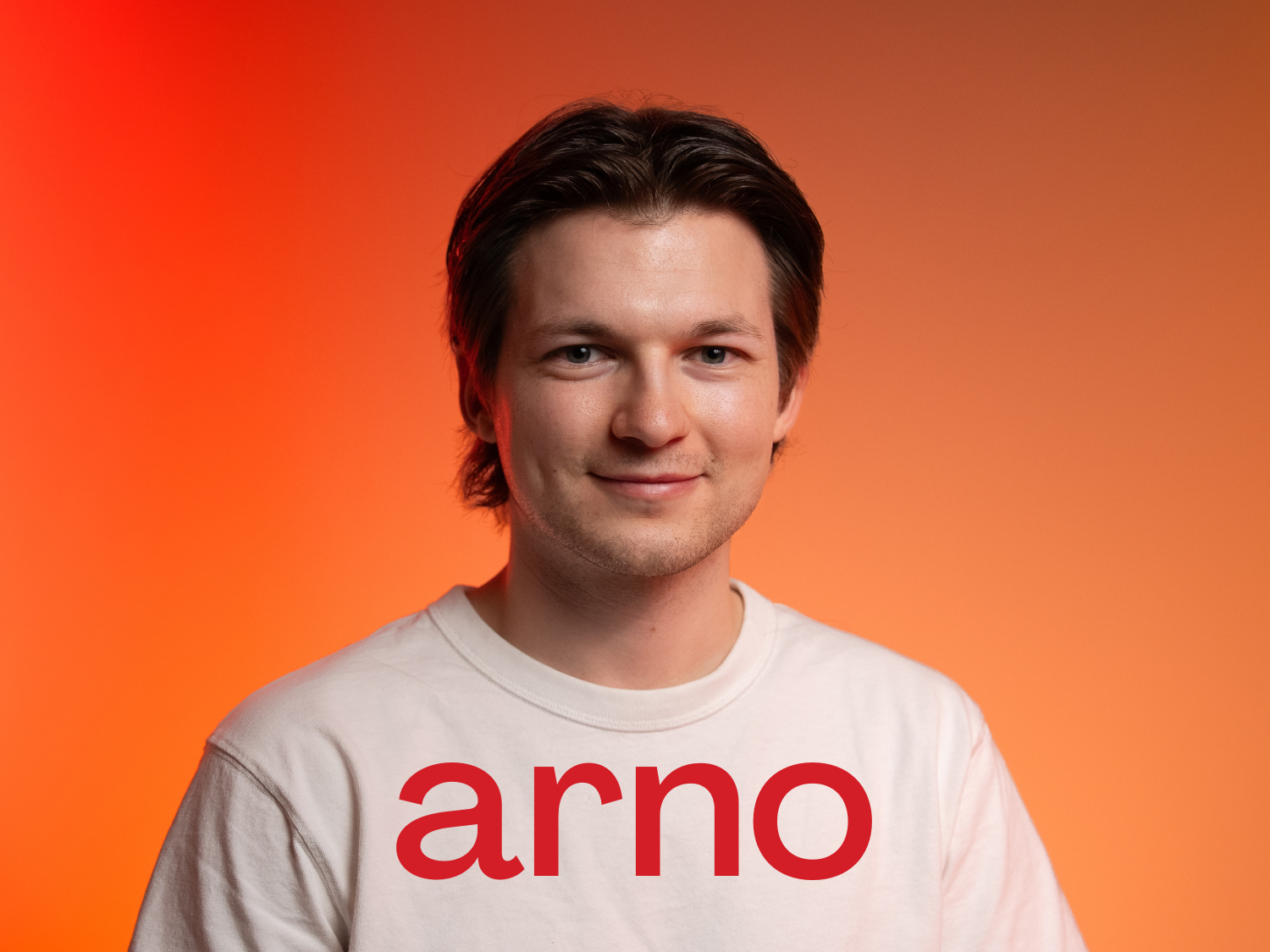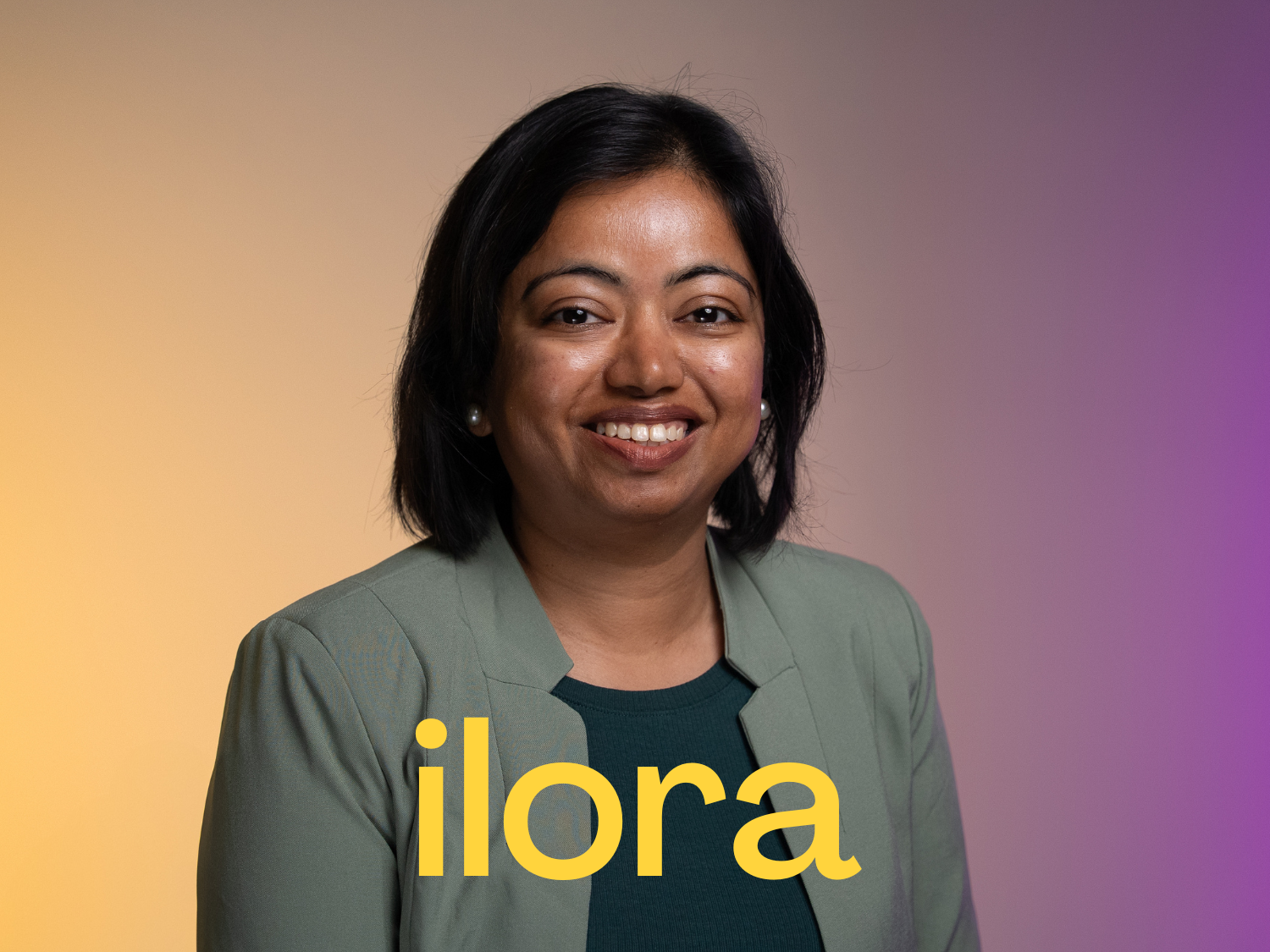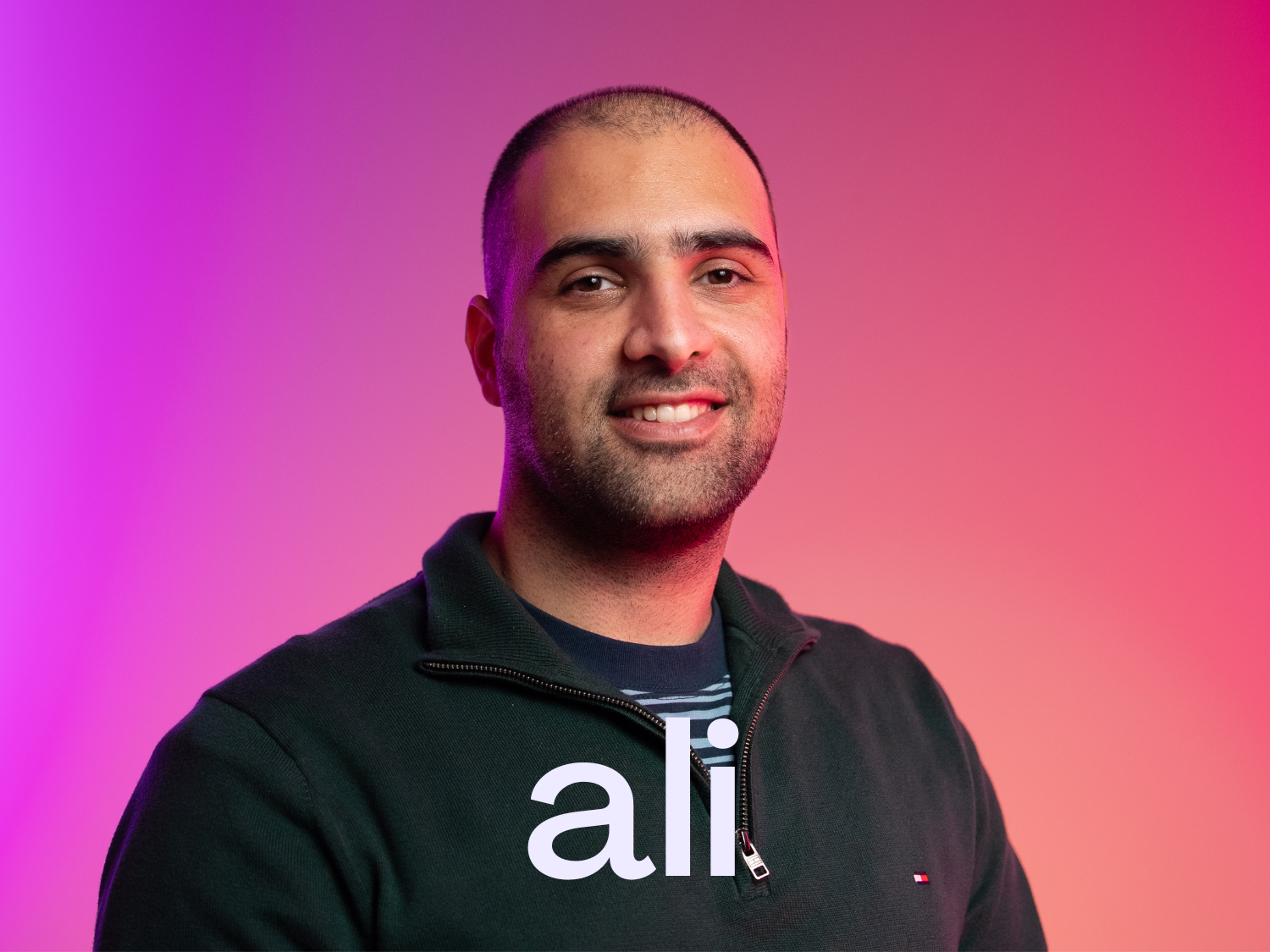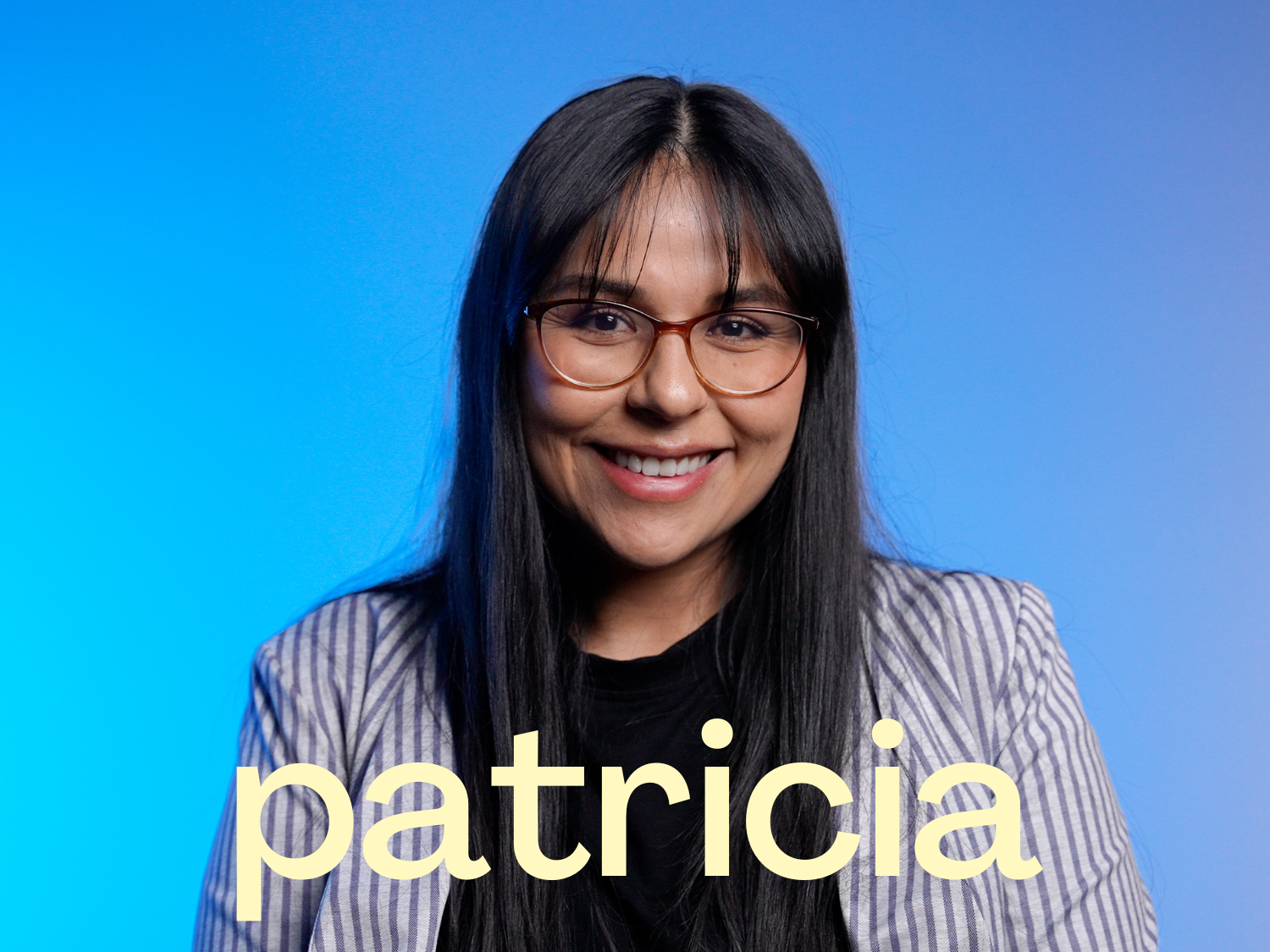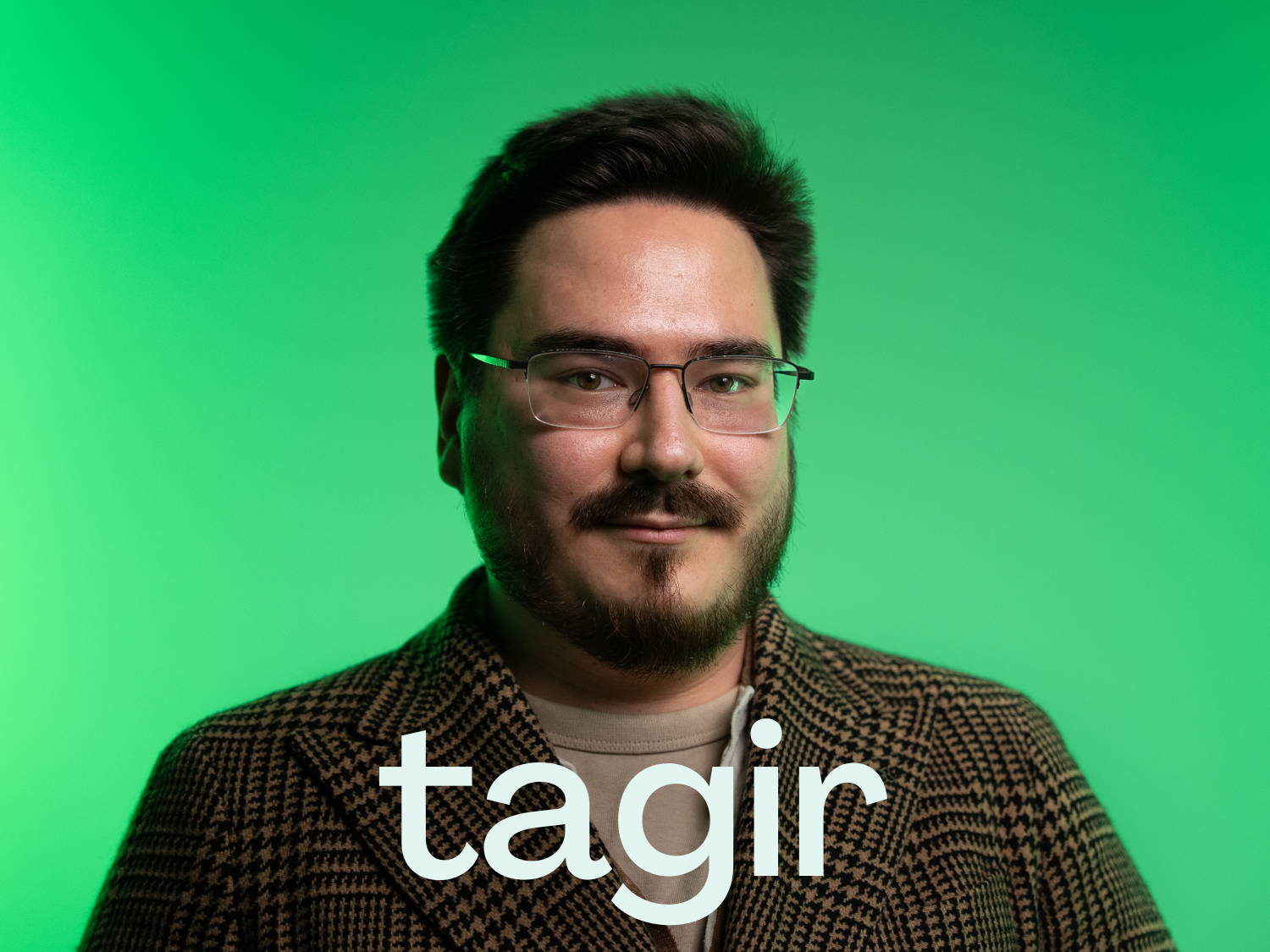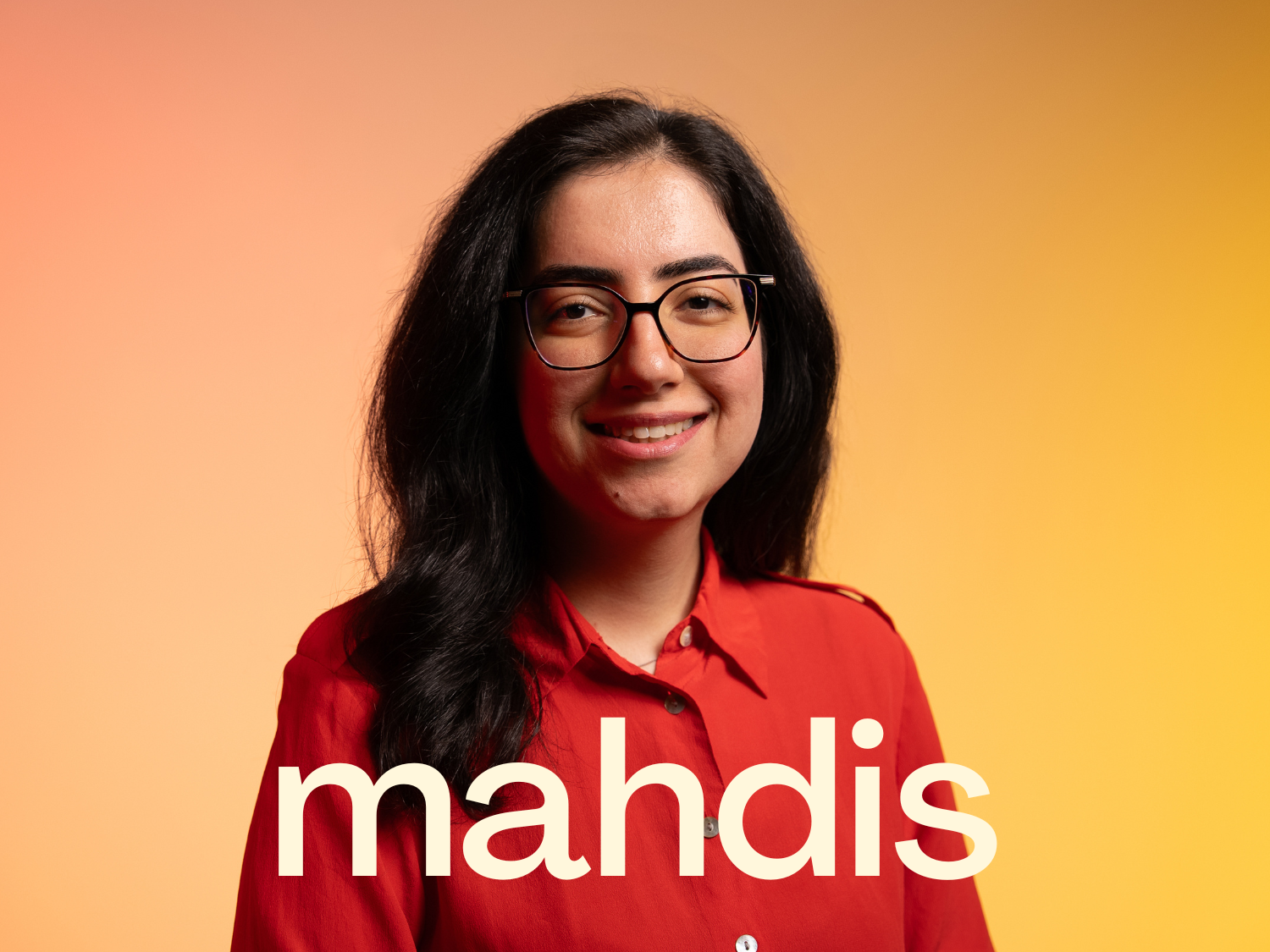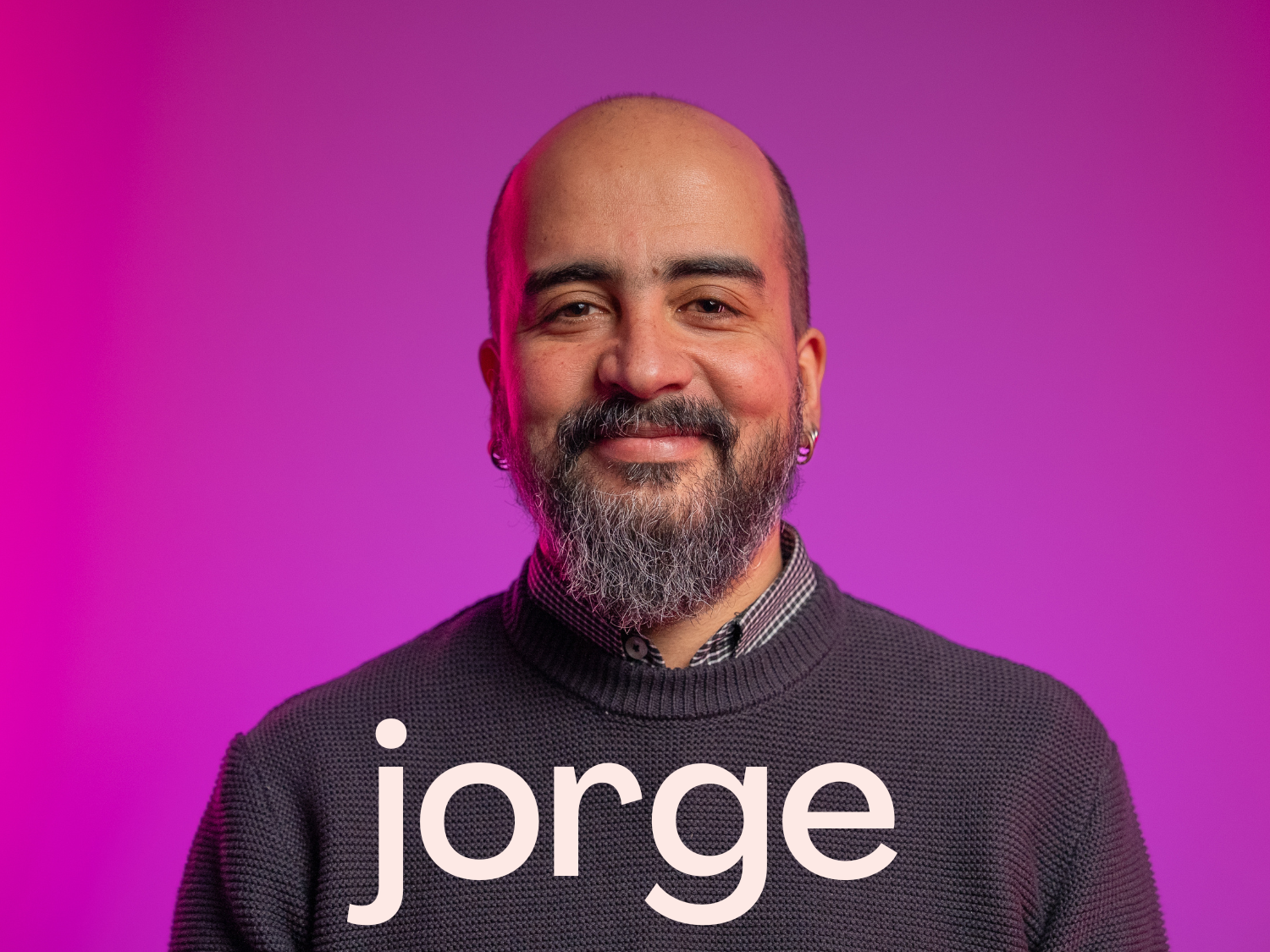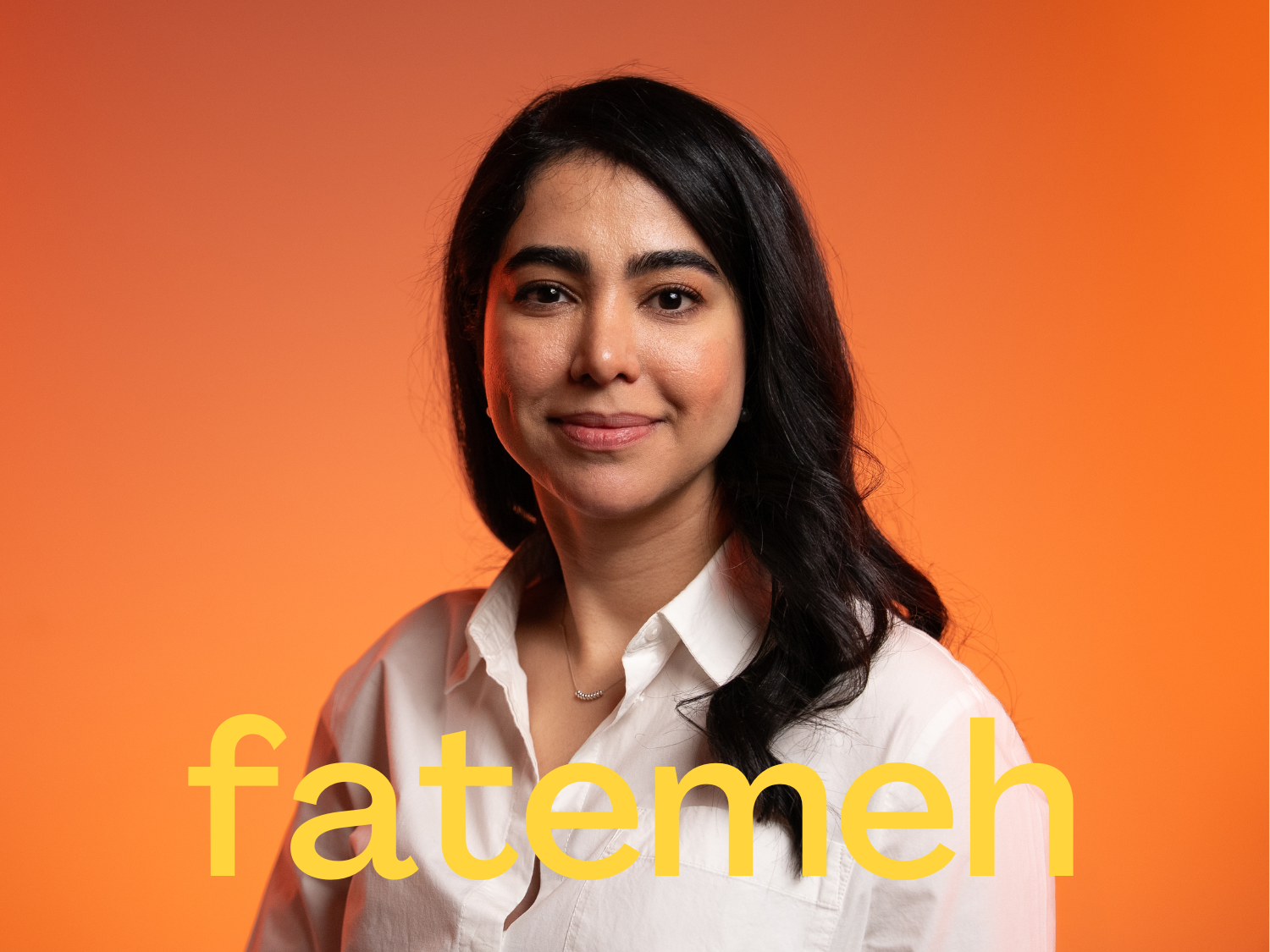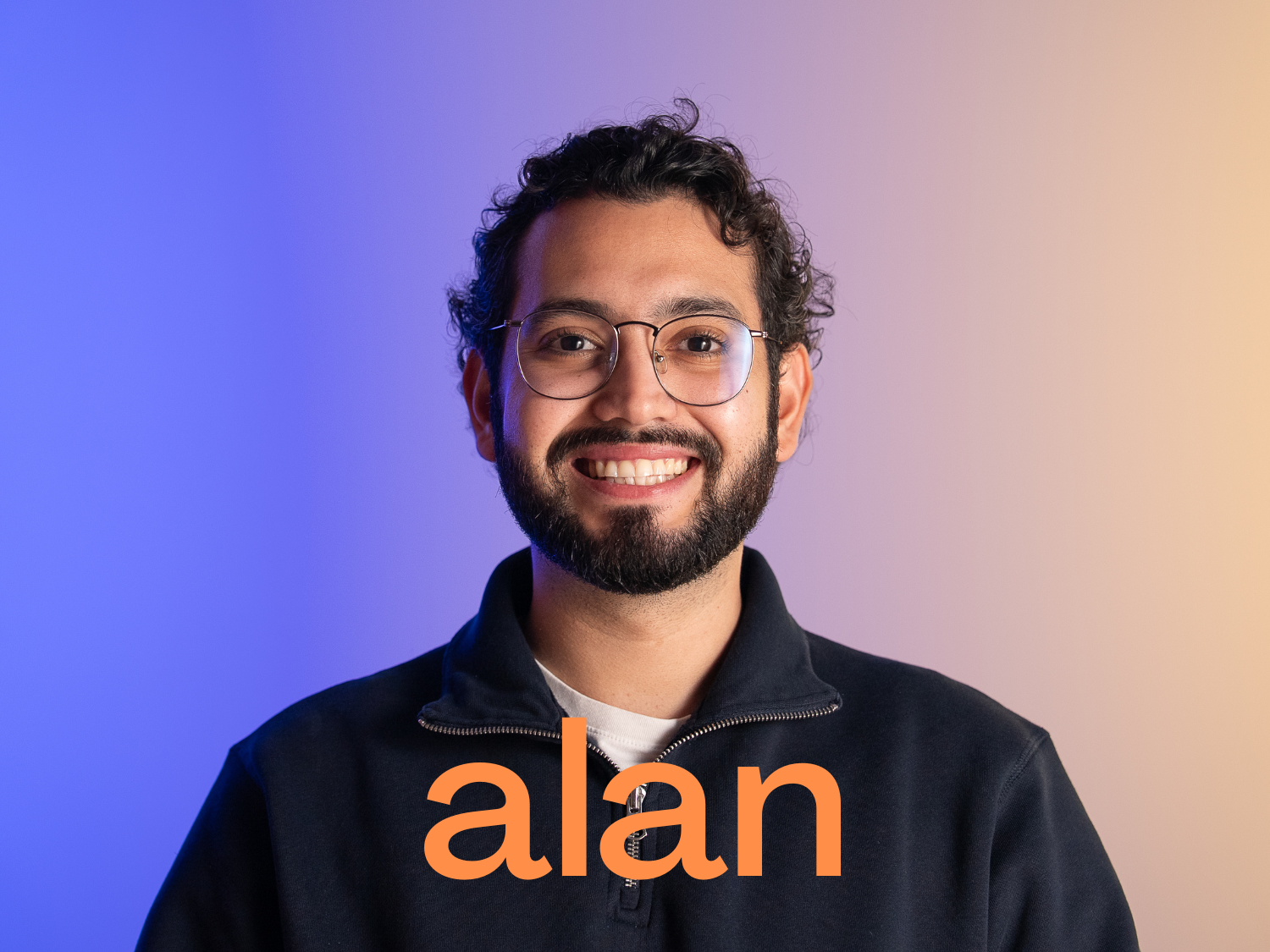Our community
Behind every technological breakthrough at SnT, there’s a diverse team of passionate researchers pushing the boundaries of what’s possible. Through our interview series, you’ll meet the people shaping Luxembourg’s tech landscape.
These conversations highlight both technical expertise and personal experiences, showing how diverse perspectives enrich our research environment and drive discovery.
A short glossary of diversity
This glossary highlights key concepts that shape our understanding of diversity in research. It serves as a resource to support inclusive collaboration, ensuring that our collective efforts lead to groundbreaking technological advancements.
Actively supporting and advocating with people from underrepresented groups. This could mean speaking up when you notice unfair treatment, mentoring colleagues from different backgrounds, or helping create more inclusive policies.


Assumptions that stem from societal stereotypes, cultural norms, and/or personal experiences, often unconsciously. In professional settings, bias can affect decisions about hiring, promotions, or even which research proposals get supported. Bias can also show up when we automatically give more weight to ideas from people who speak English without an accent, or when we make assumptions about someone’s expertise based on their age, background, or gender. Being aware of our biases is the first step to behave in an inclusive manner.
The ability to effectively interact with people from different cultural backgrounds. This includes being aware of cultural differences, communicating clearly across language barriers, and adapting your style when working with international colleagues.
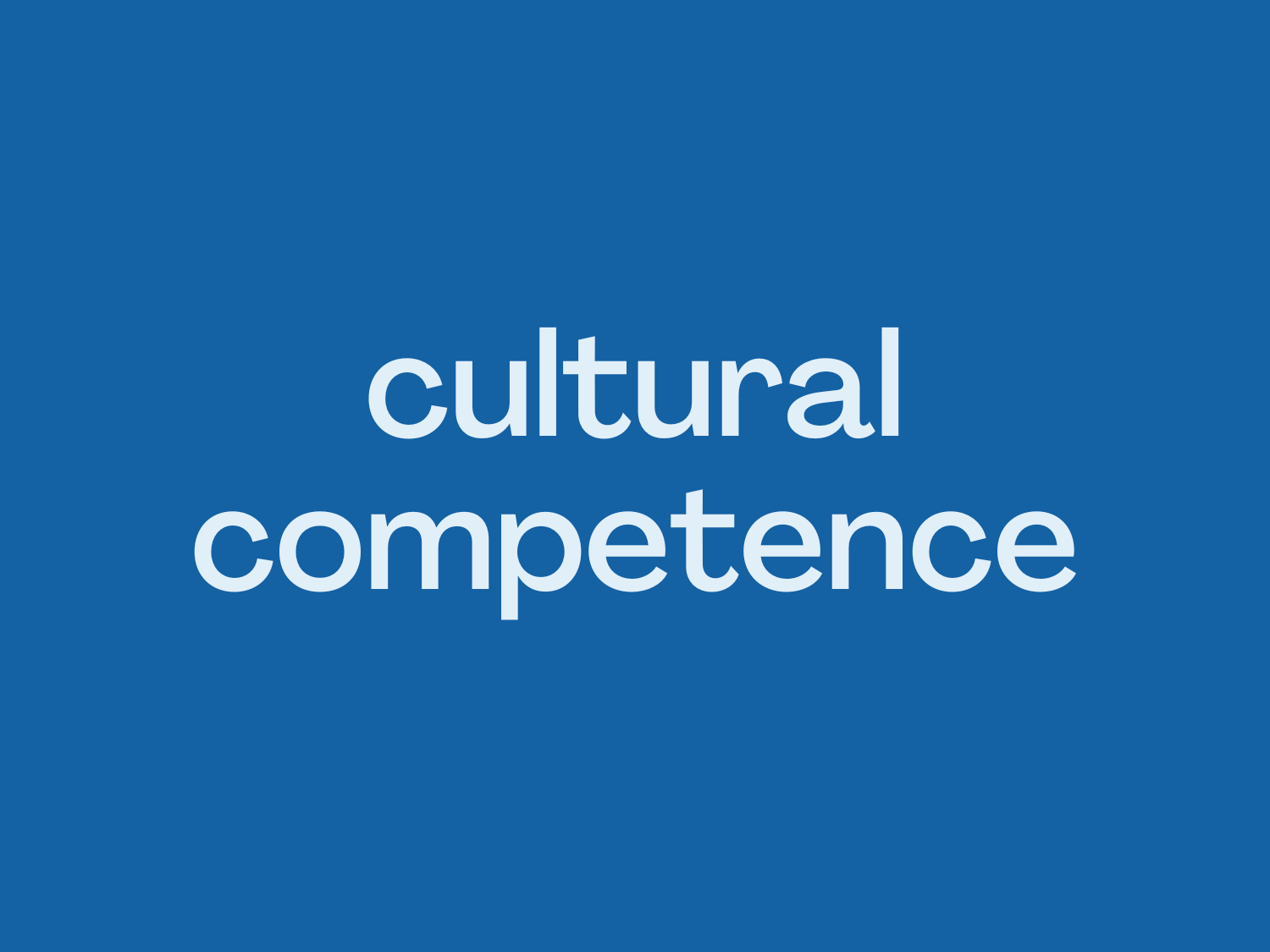
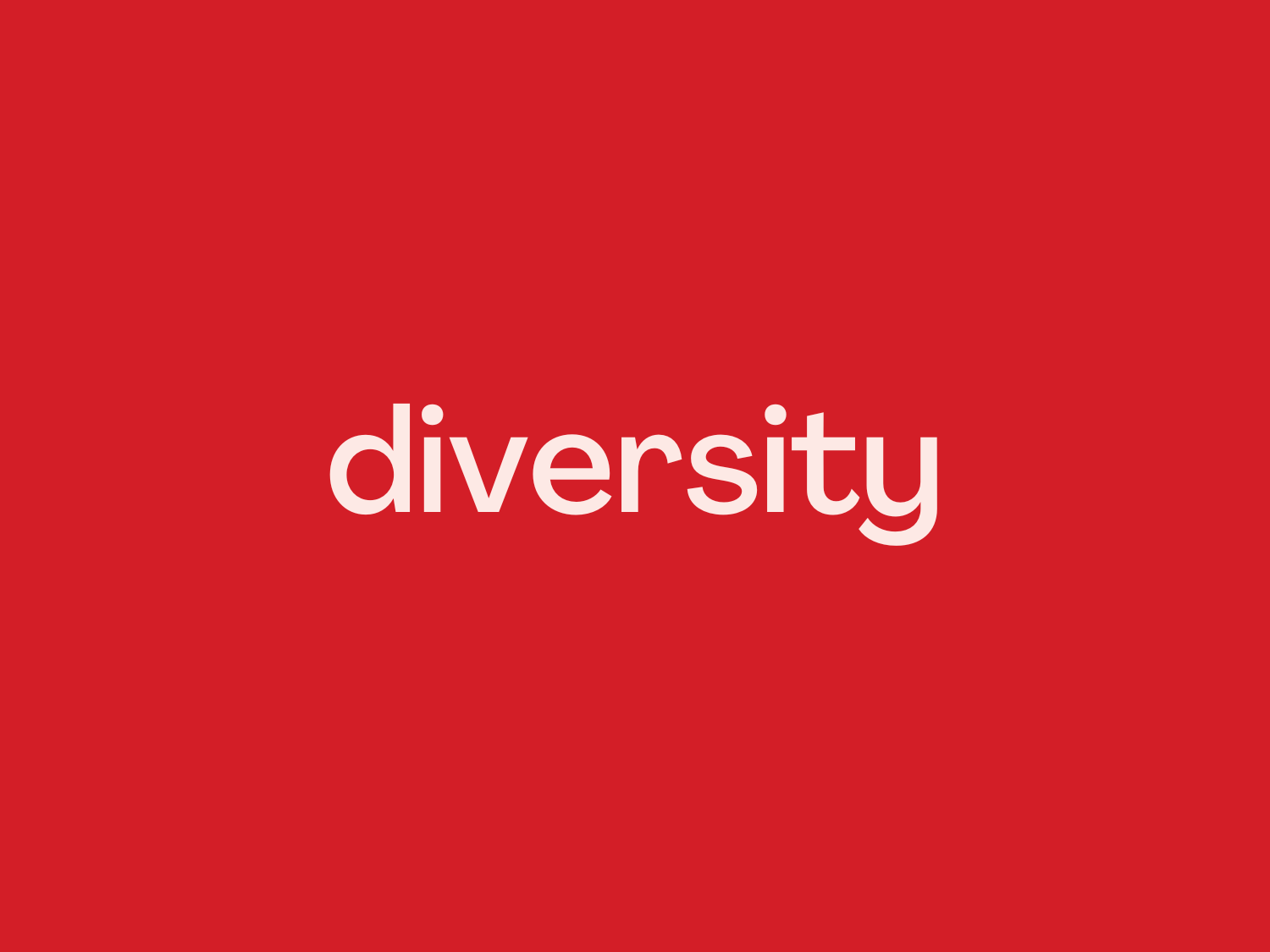
The presence of different backgrounds, experiences, and characteristics within a group. This includes but isn’t limited to differences in cultural background, nationality, age, gender, education, thinking styles, and life experiences. In research, diversity brings varied approaches to problem-solving and innovation.
Ensuring fair access to opportunities by identifying and removing barriers that prevent full participation. Unlike equality (treating everyone the same), equity recognises that different people may need different types of support to succeed. For example, providing flexible working arrangements for researchers with family responsibilities.

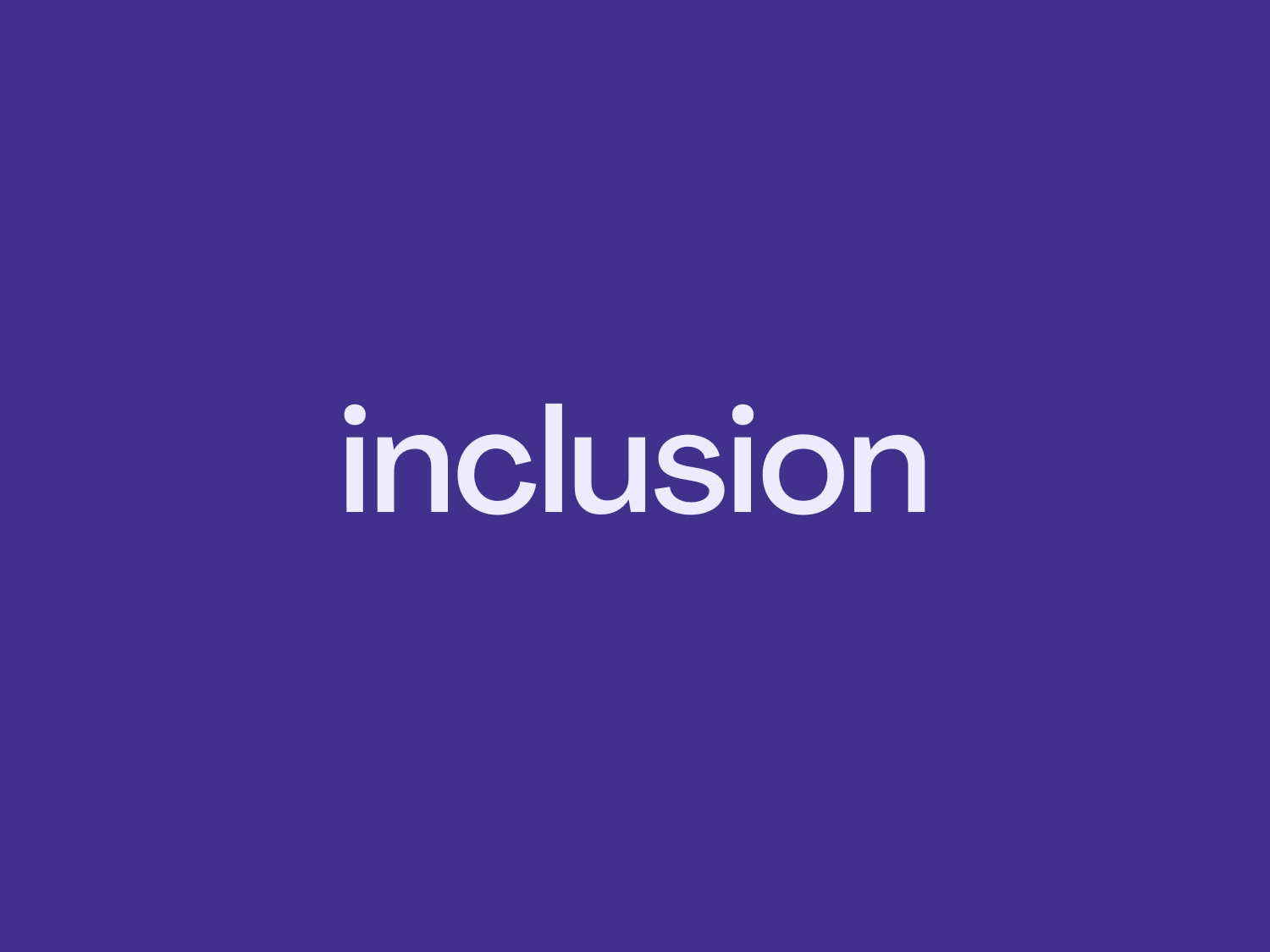
Creating an environment where all people feel welcomed, respected, and able to fully participate. It’s not enough to have diversity – people need to feel they can contribute their ideas and perspectives freely. In research settings, this means everyone should feel comfortable sharing their viewpoints and approaches.
The diverse gender identities and sexual orientations. The acronym includes lesbian, gay, bisexual, transgender, queer/questioning, intersex, and asexual individuals, with the “+” acknowledging the many other ways people identify. As our understanding of gender and sexuality continues to evolve, the acronym grows and adapts to be more inclusive.
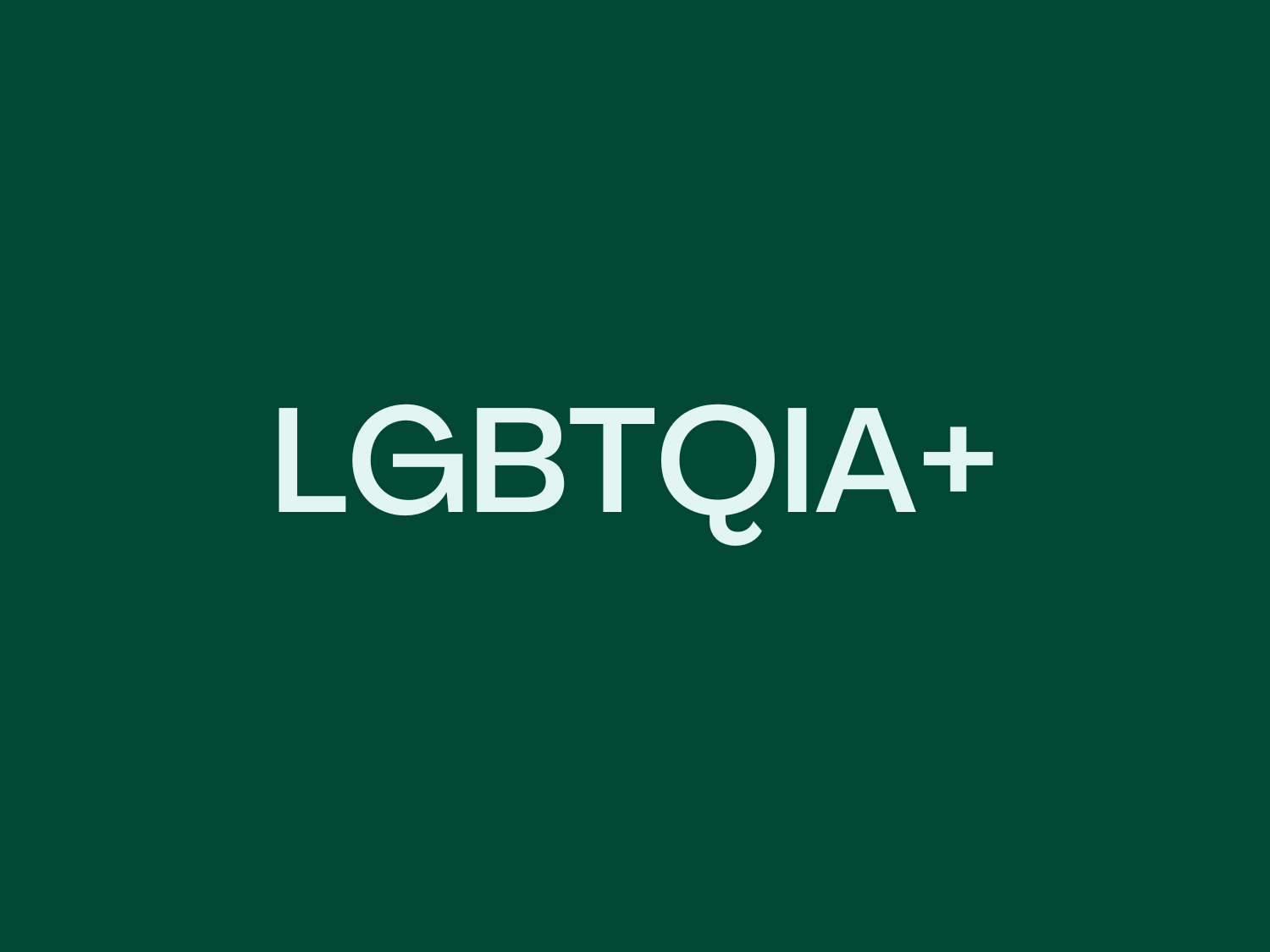
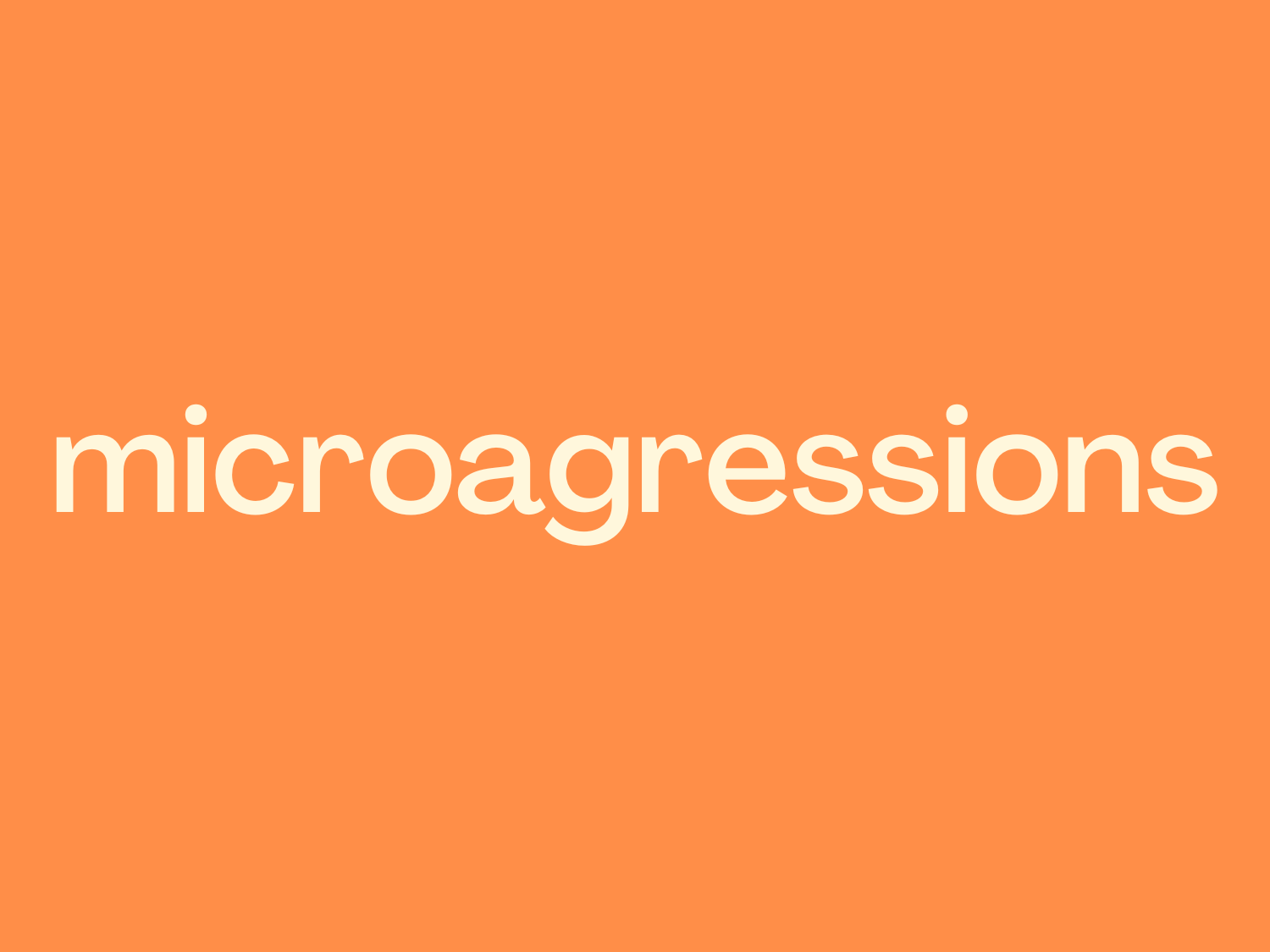
Subtle, often unintentional comments or actions that make people feel unwelcome or undervalued based on their identity. In research settings, this might include assuming someone is junior staff rather than a lead researcher based on their appearance, or asking a woman to take minutes in a meeting.
Advantages that some people have in society which others don’t, often due to circumstances of birth or background. In research, this might mean having studied at well-known universities or being a native English speaker in an English-dominated field. Understanding privilege helps us recognize barriers others might face and work to create more inclusive environments.
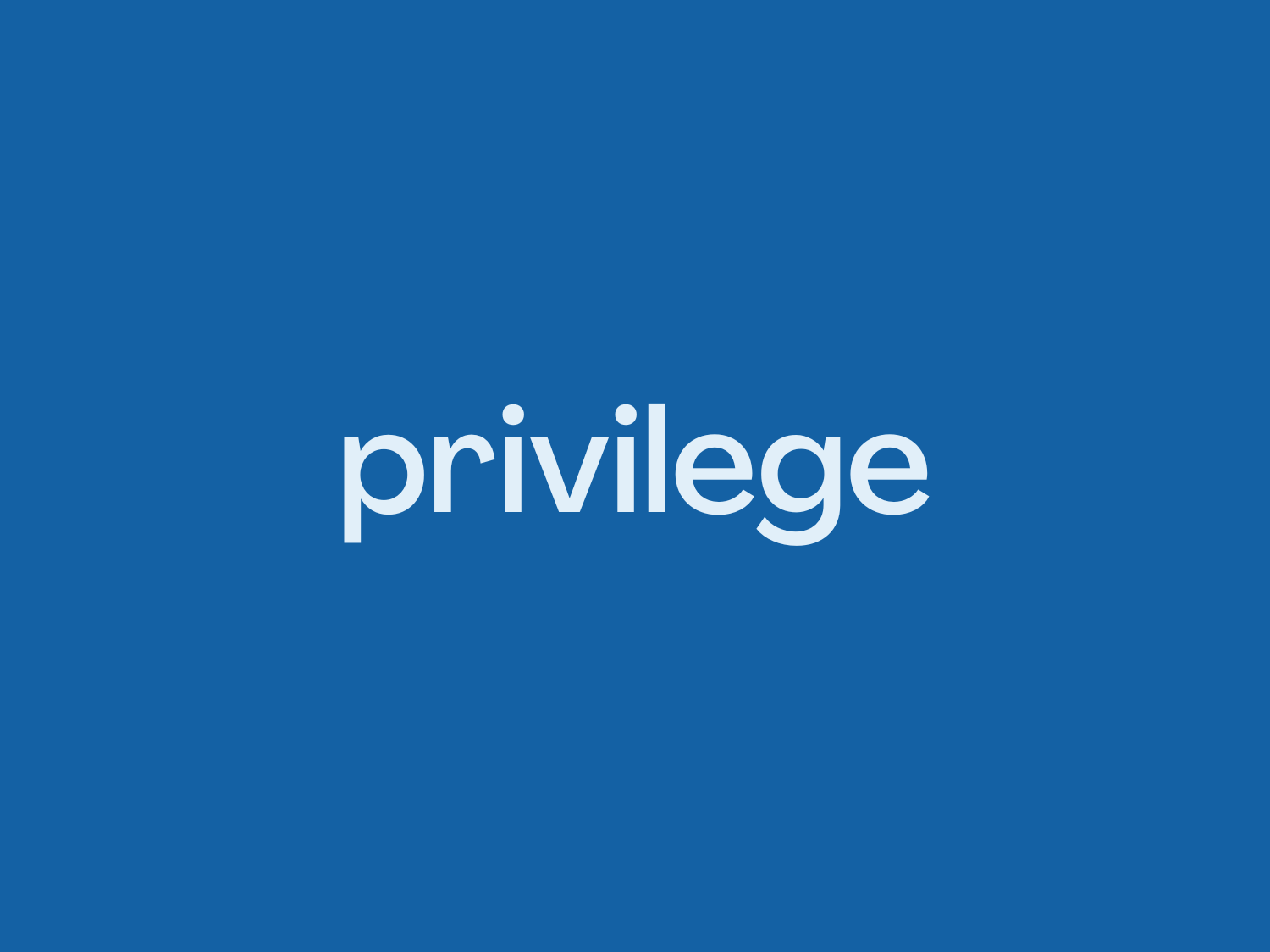
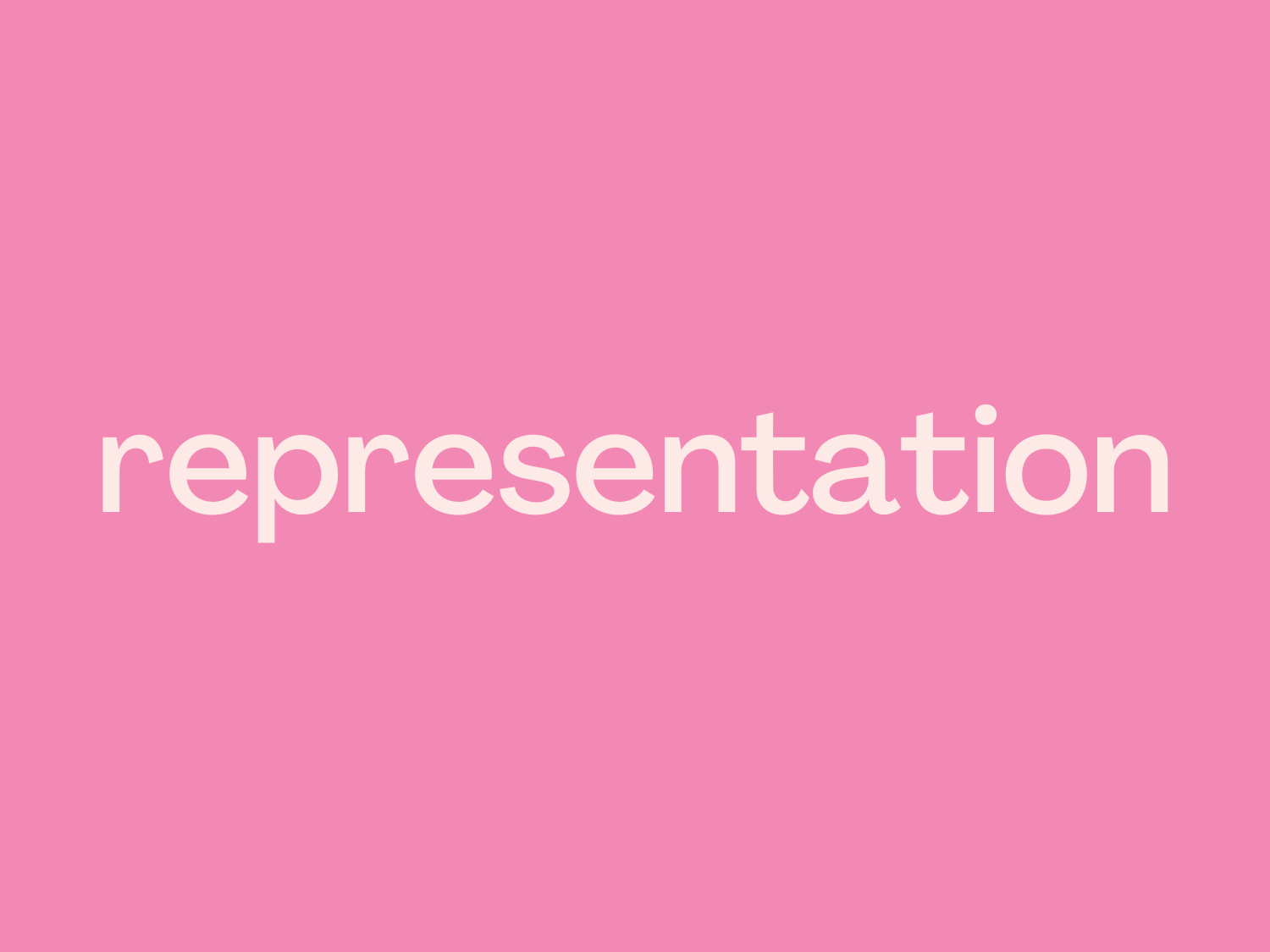
The degree to which different groups are present and visible in an organization or field. Good representation means seeing diverse people at all levels, from entry-level positions to leadership roles.
